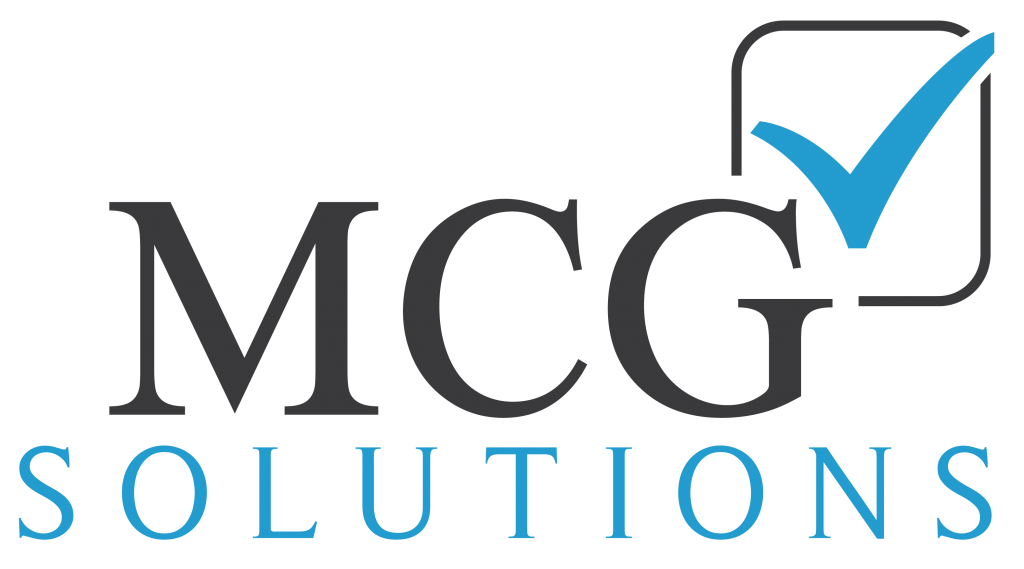As a small business owner, you’re likely familiar with the importance of personal credit reports and how they can impact your financial life. Business credit reports are similar, but they have several key differences.
Understanding the intricacies of business credit reports is important for managing your company’s financial health and ensuring its long-term success—even if you never intend to open a business line of credit or take out a loan. Here’s what you should know.
What is a business credit report?
A business credit report is a financial profile of your company, just like a personal credit report that reflects your individual financial history. It provides suppliers and other stakeholders with valuable information about your business’s creditworthiness. Business credit reports are created and maintained by credit reporting agencies, also known as credit bureaus, specifically dedicated to business credit.
Business credit reports are critical for several reasons. Like personal credit reports, they can help lenders decide whether to extend credit and what kind of terms you might receive. More importantly, suppliers and vendors may use your business credit report to determine whether they should work with you.
A positive credit history can also enhance your company’s reputation and credibility. It demonstrates financial responsibility and reliability, which can attract more customers and partners. Finally, in some cases, regulatory requirements may mandate that businesses maintain a good credit history to operate legally or access certain industries or contracts.
Key components
Business credit reports typically contain the following key components:
- Company information: This section includes basic details about your business, such as its name, address, and contact information.
- Credit score: Just like personal credit reports, business credit reports have a credit score that reflects your business’s creditworthiness. A higher score indicates lower credit risk.
- Payment history: This section shows your payment track record with suppliers and creditors, indicating whether you pay bills on time.
- Public records: Any public records related to your business, such as bankruptcies, liens, or judgments, are included in this section.
- Trade references: These are a list of suppliers and creditors that have reported your payment history to the credit bureau.
- Credit inquiries: This is a record of who has inquired about your business credit report. Frequent inquiries may raise concerns about your creditworthiness.
How to build good business credit
Building good business credit is similar to building good personal credit. Here are some tips:
- Incorporate your business: Register your business as a legal entity, such as an LLC or corporation, to separate your personal and business finances.
- Obtain an EIN: An Employer Identification Number (EIN) is like a Social Security number for your business. It’s crucial for establishing business credit.
- Separate your business finances: Open dedicated business bank accounts. Make sure to use these accounts for business expenses only.
- Monitor your credit report: Regularly check your business credit report for inaccuracies or discrepancies. Dispute any errors promptly.
- Pay bills on time: Timely payment of bills and invoices is one of the most significant factors in building a positive credit history.
Understanding and managing your business credit report is just one aspect of running a
successful small business. By proactively building and maintaining a positive credit profile, you
can build a better reputation, strengthen supplier relationships, and position your company for
long-term success.
For help with your small business bookkeeping and tax preparation needs, contact MCG
Solutions today.

